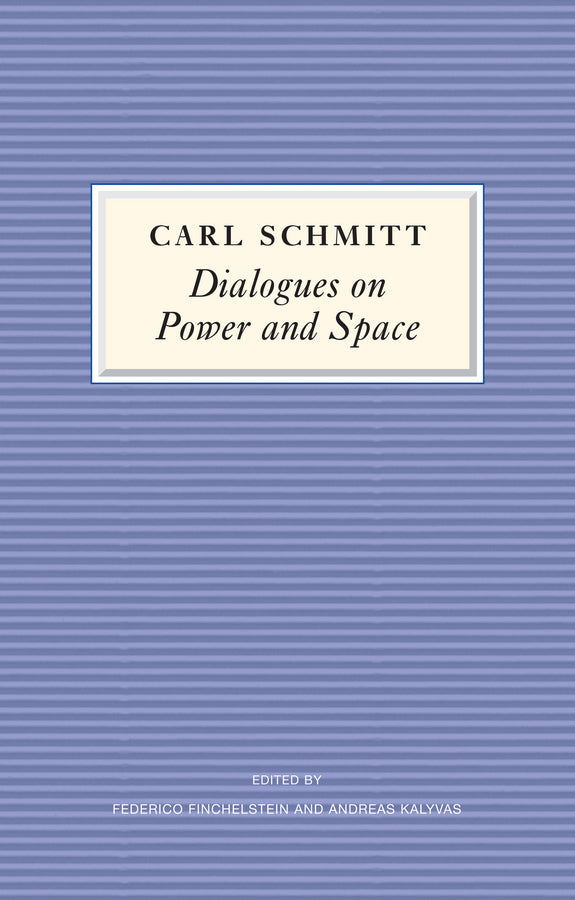Description
Condition: BRAND NEW
ISBN: 9780745688695
Year: 2015
Publisher: John Wiley & Sons (UK)
Pages: 120
Description:
Written in the early stages of the Cold War by one of the most controversial political and legal thinkers of the twentieth century, Carl Schmitt s two short dialogues on power and space bring together several dimensions of his work in new ways.
The dialogues renew Schmitt s engagement with the questions of political power and geo-politics that had been a persistent concern throughout his intellectual life. As a basis on which to think through the historical role of human agency in relation to power and its new geographies, the dialogues condense and rework key concepts in Schmitt s political theory during a transitional period between his Weimar and fascist years to the post-war writings.
In this book, Schmitt develops a new dialectics of modern power and an original understanding of the global spatial transformations of the Cold War period. Equally important, the dialogues anticipate the debates on the new geo-political possibilities and threats related to cosmic spaces, overpowering technological advances, and the existential predicament of the human in an increasingly multipolar world.
ISBN: 9780745688695
Year: 2015
Publisher: John Wiley & Sons (UK)
Pages: 120
Description:
Written in the early stages of the Cold War by one of the most controversial political and legal thinkers of the twentieth century, Carl Schmitt s two short dialogues on power and space bring together several dimensions of his work in new ways.
The dialogues renew Schmitt s engagement with the questions of political power and geo-politics that had been a persistent concern throughout his intellectual life. As a basis on which to think through the historical role of human agency in relation to power and its new geographies, the dialogues condense and rework key concepts in Schmitt s political theory during a transitional period between his Weimar and fascist years to the post-war writings.
In this book, Schmitt develops a new dialectics of modern power and an original understanding of the global spatial transformations of the Cold War period. Equally important, the dialogues anticipate the debates on the new geo-political possibilities and threats related to cosmic spaces, overpowering technological advances, and the existential predicament of the human in an increasingly multipolar world.

